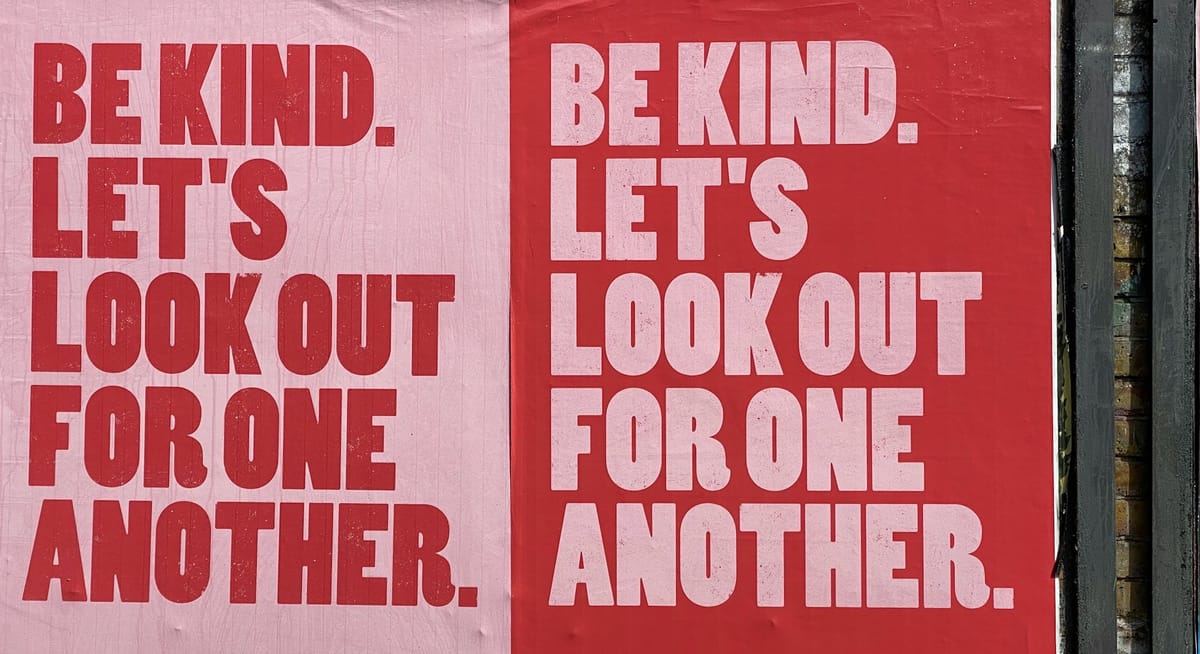Give and Take: Does True Altruism Exist?

Introduction
Why do people help others? Have you ever wondered if acts of kindness are truly selfless, or if there is a hidden motive behind every good deed? It's a question that has puzzled philosophers and psychologists for centuries. In today's post, we'll delve into the complexities of altruism - selfless concern for the well-being of others - and explore whether true altruism really exists, or if it's just a myth.
Defining altruism
Altruism refers to behaviours that are intended to benefit others, even at a cost to oneself. It's a concept deeply rooted in social psychology, often overlapping with what we call pro-social behaviour - actions that are beneficial to society and considered morally right, but not necessarily free of personal gain. The distinction between true altruism and what we might call pseudo-altruism depends on the presence or absence of an expectation of reward. True altruism occurs without any expectation of reward, whereas pseudo-altruism may still seek some form of compensation, whether consciously or unconsciously.
Empathy and altruism: the heart of the matter
Central to understanding altruism is the concept of empathy. Empathy involves experiencing another person's emotions and is often a motivator for altruistic behavior. The empathy-altruism hypothesis, proposed by Batson, suggests that altruistic behavior arises from these empathic feelings - when we genuinely feel for another person, we are compelled to help.
In contrast, the arousal-reduction model suggests that the primary motive for helping others is to reduce our own discomfort when we see someone else suffering. This model suggests that our actions are more about alleviating our own distress than about the welfare of the other person.
Is true altruism possible?
The debate about true altruism often centers on whether people help others purely out of concern for their welfare, or whether all acts of helping are at some level selfish. Research in this area shows a complex interplay between empathic concern and self-interest. For example, studies such as those by Cameron et al. show that people often choose not to engage in empathy because of its cognitive demands, suggesting a calculation that weighs personal cost against altruistic action.
Conclusion
So is true altruism real? The evidence suggests that while altruistic behaviour can stem from genuine empathy and concern, it is often influenced by personal discomfort or societal expectations. This doesn't necessarily diminish the value of altruistic actions, but it does suggest that human motivation is a tapestry woven from many threads - some selfless, some selfish.
Understanding these motivations not only gives us insight into human behaviour, but also helps us to create environments that encourage genuine helping behaviour.
What do you think about the nature of altruism? Have you experienced a truly altruistic act, either as a giver or a receiver?





